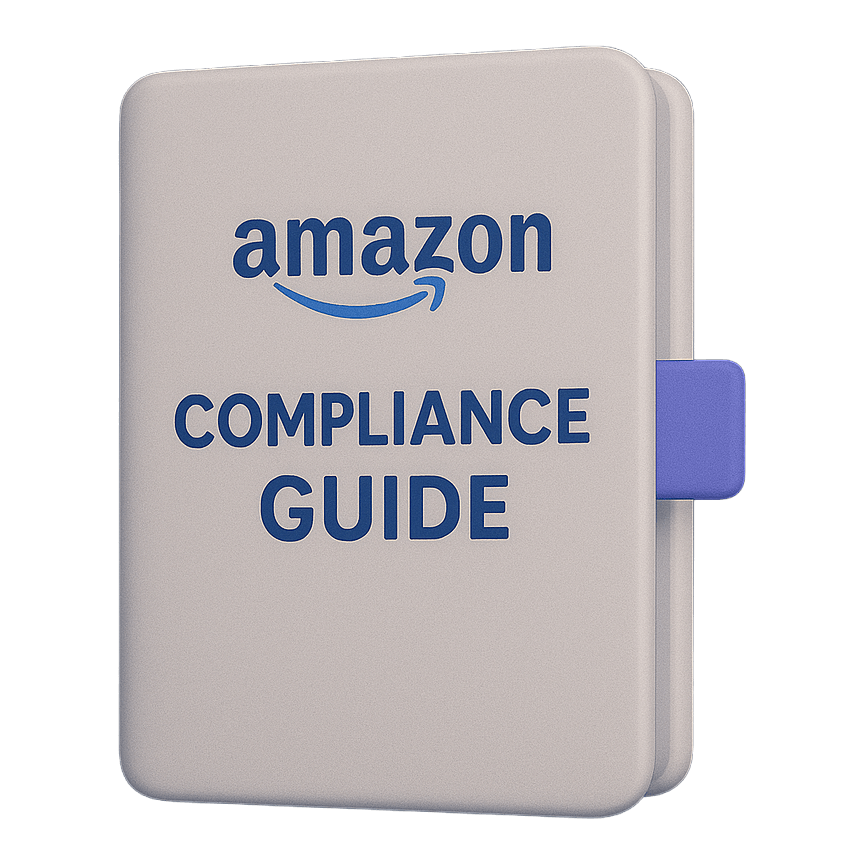Omega-3 Deficiency Symptoms: 6 Signs You Need More Fatty Acids
Omega 3s are powerhouses in the body. Since omega-3s are essential fatty acids your body cannot create them, you must get them from food.
However, most people don’t get enough healthy fats, including omega-3s, in their diet, either through food or supplements. Since there isn’t a set Daily Value (DV) for omega-3s, confusion is common about how much you need.
We do know, however, that a lack of healthy fats might lead to what some would call omega-3 deficiency symptoms.
Omega-3s, polyunsaturated fatty acids (PUFA), are crucial for brain health, inflammation-fighting, heart health, and more. You’ll bode well to know the signs of deficiency and how you can increase your intake — a smart idea for your long-term health!
What Are the Symptoms of Omega-3 Deficiency?
Future research will give us a clearer understanding of possible omega-3 deficiency. Currently, we know more about the health benefits of omega-3s than specific signs of these fatty acids. We also have evidence of omega-3s benefiting particular health conditions.
True omega-3 deficiency seems rare, but there’s no doubt many people aren’t getting enough omega-3s in their daily diet.[1]
So, here’s what we know so far regarding possible signs of omega-3 deficiency symptoms (or at least signs you need to consume more).
1. Dry Skin
Dry, irritated, peeling, or cracking skin could signify you’re not getting enough omega-3s.
Studies have shown topical and oral use of omega-3 fatty acids are helpful for patients with mild to moderate plaque psoriasis, a chronic skin condition.[2]
Hempseed oil, rich in omega-3, has also been shown to reduce itchiness and dryness after 20 weeks in those with eczema.[3] Research subjects experienced “significant changes” in their plasma fatty acids after supplementing with the oil, and researchers believed this change was from high amounts of PUFAs in the oil.
2. Acne
While acne is prevalent in the U.S., it’s rare in locations where people consume high amounts of omega-3s.[4] Researchers also believe inflammation plays a significant role in acne at all ages.[5]
Therefore, there could exist a connection between how omega-3s soothe inflammation and the presence of acne due to omega-3 deficiency. Acne lesions could be a sign your body is lacking in inflammation-fighting nutrients like omega-3s.
A combination of omega-3s, omega-6s, and gamma-linolenic acid (GLA) might be best for reducing inflammation that can lead to skin diseases like acne, psoriasis, and eczema.[6]
There’s no doubt that healthy fats are beneficial for overall health, so including more omega-3s in your diet through food or a supplement regimen could help skin-related concerns.
3. Cardiovascular Disease
The most robust research we have on omega-3s is related to heart health. If you have a personal or family history of heart-related issues or are worried about your heart health, it would be unwise to ignore omega-3s.
Research has shown that fish oil (the most common omega-3 supplement) is helpful for:[7]
- Lowering the risk of dying from heart disease
- Reducing blood pressure, especially in those with moderately to severely high numbers
- Significantly decreasing blood triglycerides while improving high-density lipoprotein (HDL) “good” cholesterol
An updated meta-analysis by Mayo Clinic also concluded that supplementing with DHA and EPA (two forms of omega-3s) is effective for prevention of cardiovascular disease (CVD). The study found that protection increases with higher doses of omega-3s.[8]
4. Stiff or Tender Joints
Studies show that fish oil might help reduce morning stiffness, pain, and tenderness in the joints of those with rheumatoid arthritis. The relief might be enough to decrease patients’ needs for anti-inflammatory medicines.[9]
According to the University of Pittsburgh Medical Center, one to three grams of fish oil daily could help reduce these joint symptoms.[10] These doses might also increase blood flow during exercise, which can also help lessen joint pain and swelling.
5. Memory Troubles
Omega-3 fatty acids seem to have an important connection to cognitive function, including memory and brain performance.
One 2021 study found that two omega-3s — DHA and EPA — given as a fish oil supplement improved cognitive function in older adults with coronary artery disease (CAD).[11] This type of heart disease increases the risk of cognitive decline.
The study also suggested that high levels of DHA in the bloodstream seemed to be better for improving cognition than EPA.
In addition, a meta-analysis published in the Journal of Psychopharmacology found marginal evidence that omega-3 supplementation improved short-term memory in those with low levels of omega-3 fatty acids.[12]
So, those experiencing mood-related issues might consider omega-3s as a natural response.
6. Depression or Mood Swings
You might already be familiar with natural health advice on including more omega-3 fatty acids for mood-related disorders, like depression or anxiety. Some anecdotal accounts claim low mood is a common omega-3 deficiency symptom.
We know this: According to Harvard Health, locations with higher intakes of fish tend to have fewer cases of depression.[13] As a result, scientists have studied the connection between mood disorders and fish oil supplements.
Addressing Omega-3 Deficiency Through Supplements
Doctors can perform specific tests to check for omega-3 deficiency. However, it’s no mystery that most people are not getting enough fatty acids in their diets. Increasing your intake through omega-3-rich supplements like fish oil can help improve your levels and might alleviate common symptoms associated with deficiency.
References
- https://ods.od.nih.gov/factsheets/Omega3FattyAcids-HealthProfessional/#h5
- https://www.ncbi.nlm.nih.gov/pmc/articles/PMC3133503/
- https://pubmed.ncbi.nlm.nih.gov/16019622/
- https://www.ncbi.nlm.nih.gov/pmc/articles/PMC3543297/
- https://www.ncbi.nlm.nih.gov/pmc/articles/PMC3780801/
- https://pubmed.ncbi.nlm.nih.gov/31979308/
- https://www.mayoclinic.org/drugs-supplements-fish-oil/art-20364810
- https://www.mayoclinicproceedings.org/article/S0025-6196(20)30985-X/fulltext
- https://www.ncbi.nlm.nih.gov/pmc/articles/PMC7362115/
- https://share.upmc.com/2014/11/4-fish-oil-facts-help-ease-joint-pain/
- https://www.abstractsonline.com/pp8/?_ga=2.3593904.1274536733.1633317524-37078804.1596946634#!/9349/presentation/7888
- https://pubmed.ncbi.nlm.nih.gov/26040902/
- https://www.health.harvard.edu/blog/omega-3-fatty-acids-for-mood-disorders-2018080314414







